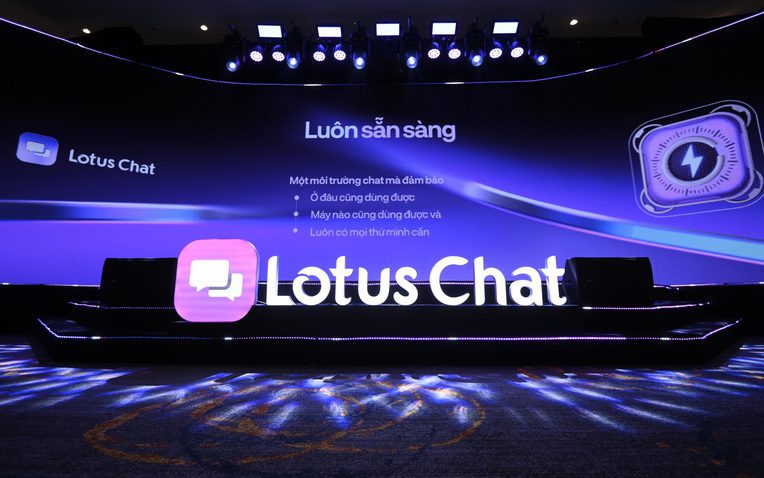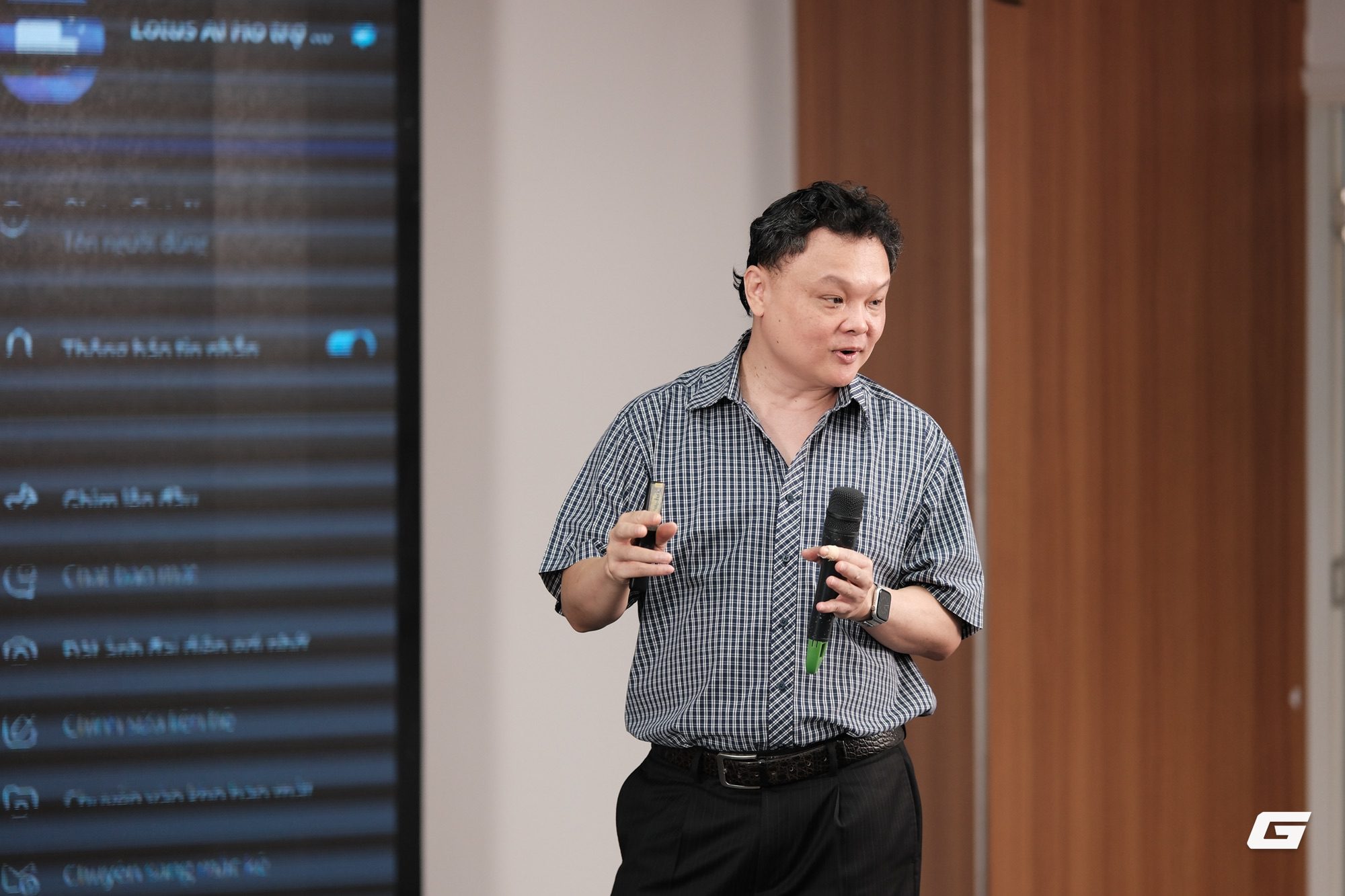
Lotus Chat: Low-Cost API Development with No Profit Motive
At the recent event “Get Sync – Lotus for Work,” Mr. Nguyen The Tan, CEO of VCCorp and Project Director of Lotus Chat, made significant remarks regarding the policy on API development—a crucial element that supports Lotus Chat’s integration in Vietnamese businesses.
“We do not intend to make a profit from the API. The costs are only to maintain servers, electricity, and support staff,” Tan stated.
According to him, Lotus Chat currently allows businesses to connect internal systems, build customer service bots, or create automation processes through open APIs of the platform. The pricing structure applies mainly to large integrations, retrieving extensive data, or requiring specialized technical support, while common needs can be addressed without charge.

Tan emphasized that Lotus Chat’s current focus is not on monetizing APIs or providing services that exploit machine resources, but rather on creating a stable messaging platform that can seamlessly integrate into corporate systems and improve workflow efficiency.
“APIs are tools for businesses to automate processes, reducing human labor. If we were to profit from the integration, it would differ from the intended enhancement of services that businesses are currently experiencing. We do not operate that way,” he added in response to inquiries.
Lotus Chat has already launched several features to support businesses, including managing large internal groups, detailed member permissions, department-based communication channels, and notably, the ability to train AI chatbots based on the company’s proprietary materials (Biz AI Platform).

Although this platform is still in the process of refinement and lacks features such as video calls or advanced resource-sharing tools, the commitment to transparency regarding API costs and the direction of “not monetizing profits at any price” is seen as a core principle, particularly for small and medium-sized enterprises.
Lotus Chat is currently experiencing rapid growth, with over 500,000 installations within just a few weeks, and if this growth rate continues, a representative from VCCorp believes that the user base could reach one million before the end of Q3 2025.





















